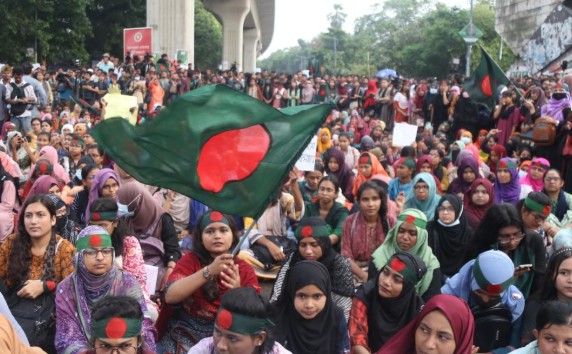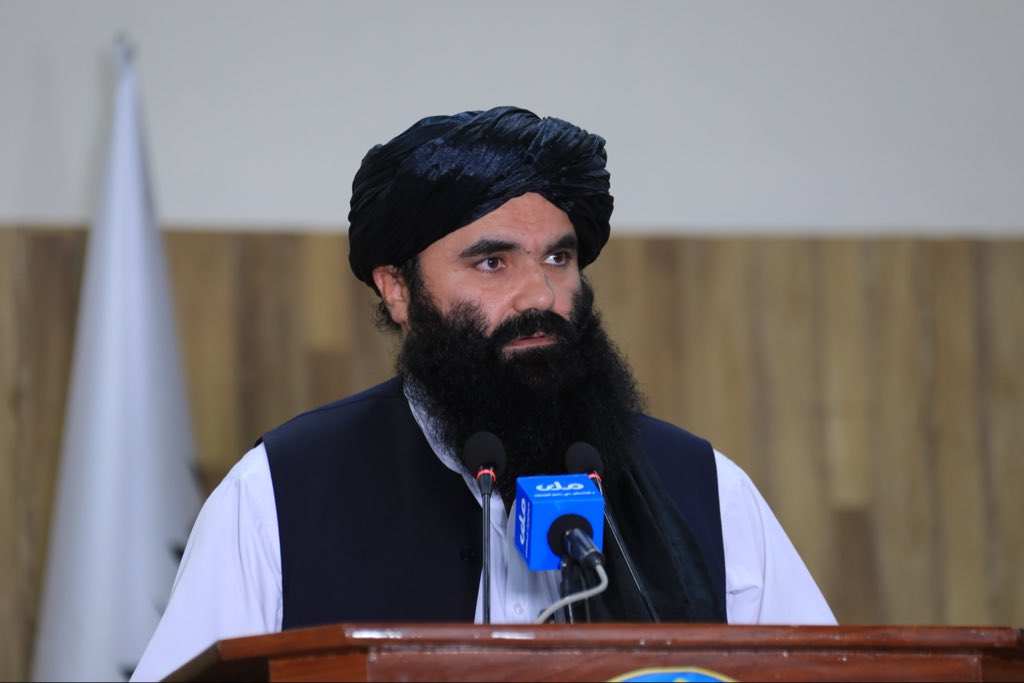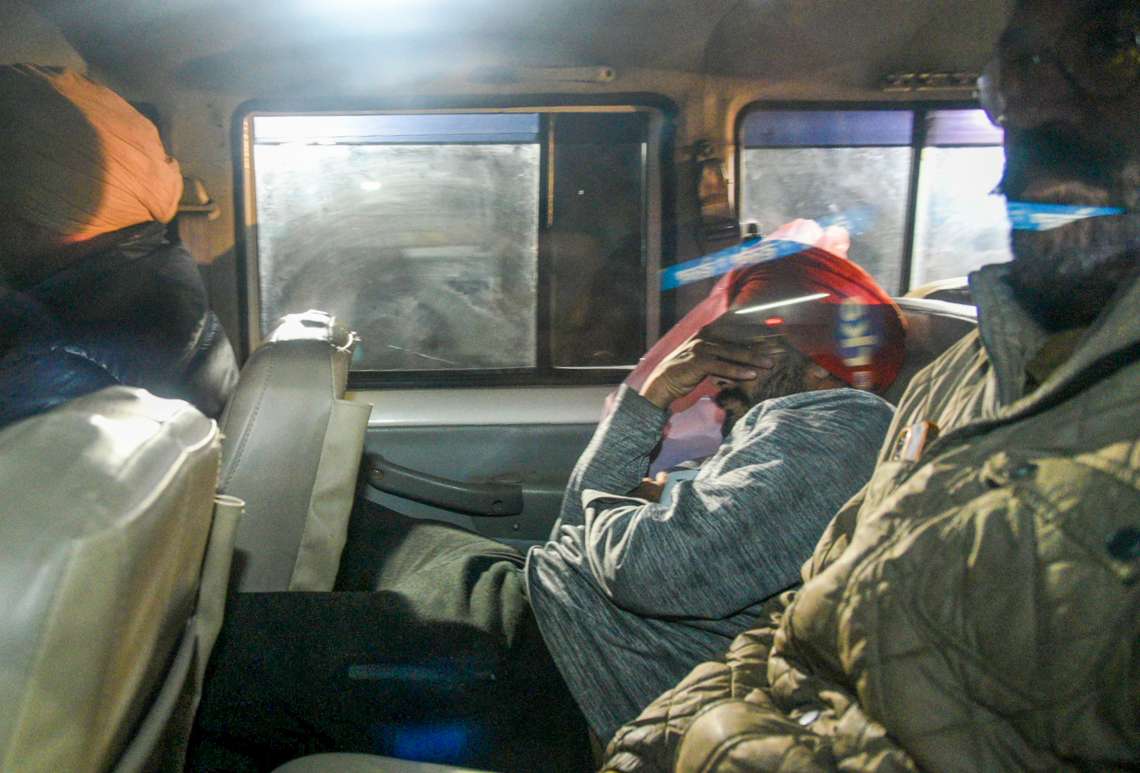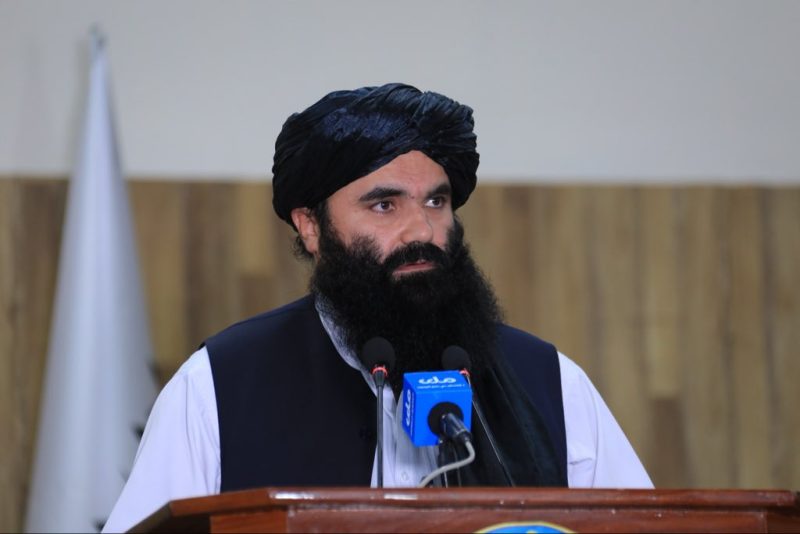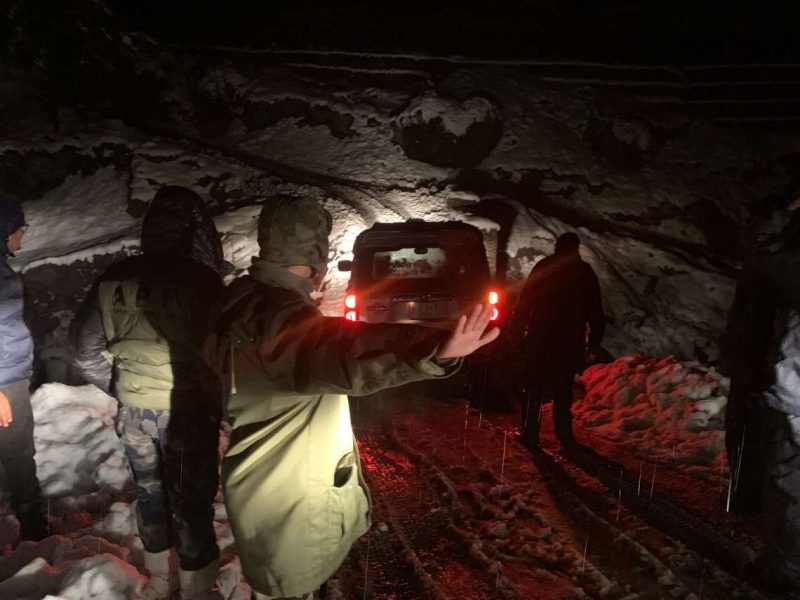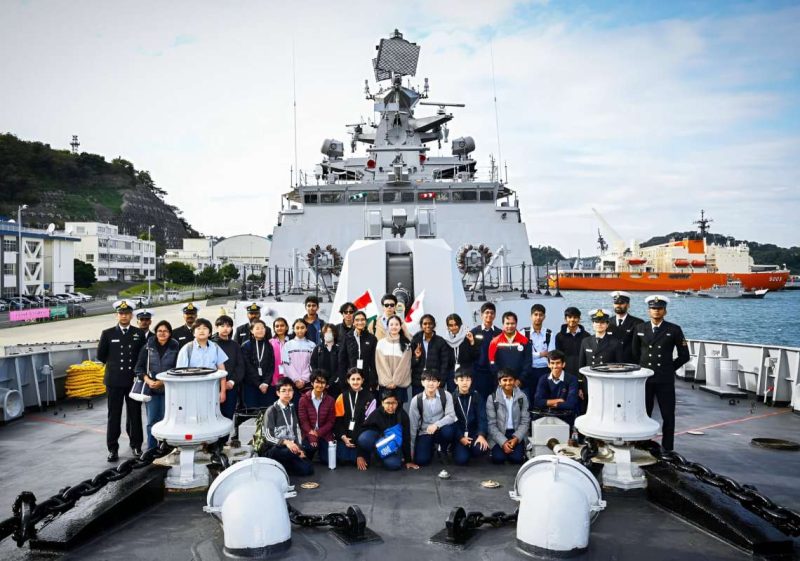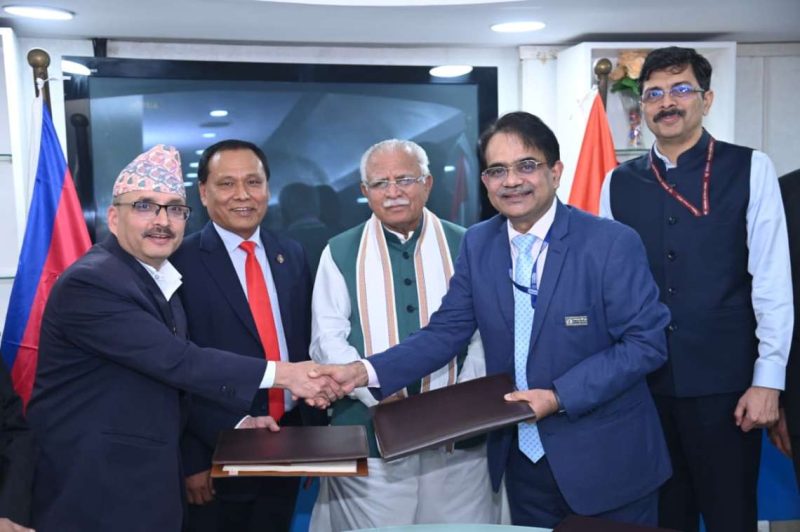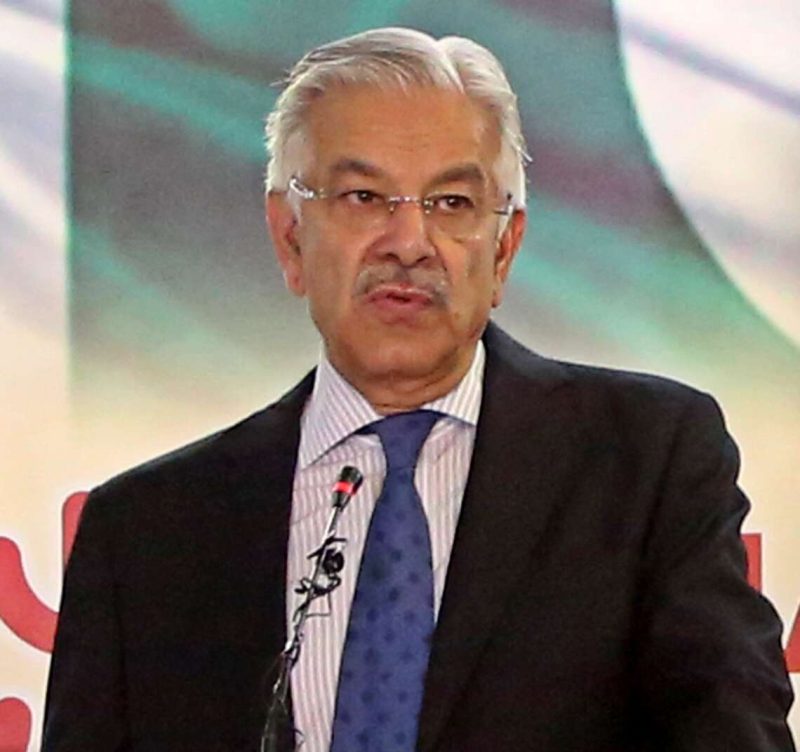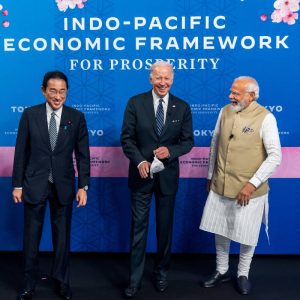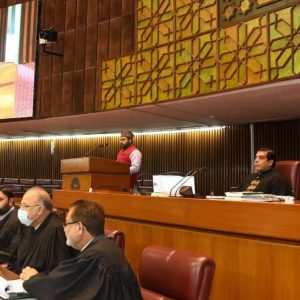The future of Bangladesh depends on staying alert and ensuring the country’s path is decided by its citizens, not by foreign powers pretending to help, writes Major General RPS Bhadauria (Retd)

Bangladesh is grappling with an unprecedented national crisis. What began as a student protest, “The Student Movement 2024”, against a discriminatory government job quota system soon turned into a widespread nationwide uprising that exposed deep political and economic rifts.
Behind the scenes, the hidden hands of powerful foreign actors, namely, the United States, China, and Pakistan-played a key role in fomenting unrest and destabilising the country. Their covert involvement in instigating and fuelling the movement added a dangerous international dimension to an already volatile domestic situation. The protests led to violent clashes, curfews and internet blackouts that left more than 1,400 people dead and thousands injured amid a brutal government crackdown.
Amid growing civil unrest and declining public confidence, Prime Minister Sheikh Hasina fled to neighbouring India in August 2024, leading to the formation of an interim government led by Nobel laureate Muhammad Yunus. However, this government, which is presented as a democratic one, is operating amid a constitutional crisis, lacking clear provisions and legitimacy, and is operating on promises of reforms that remain fragile and controversial. This unstable political backdrop makes Bangladesh vulnerable, and the proposal to open a UN office here risks increasing unnecessary foreign intervention, threatening the country’s sovereignty and stability.
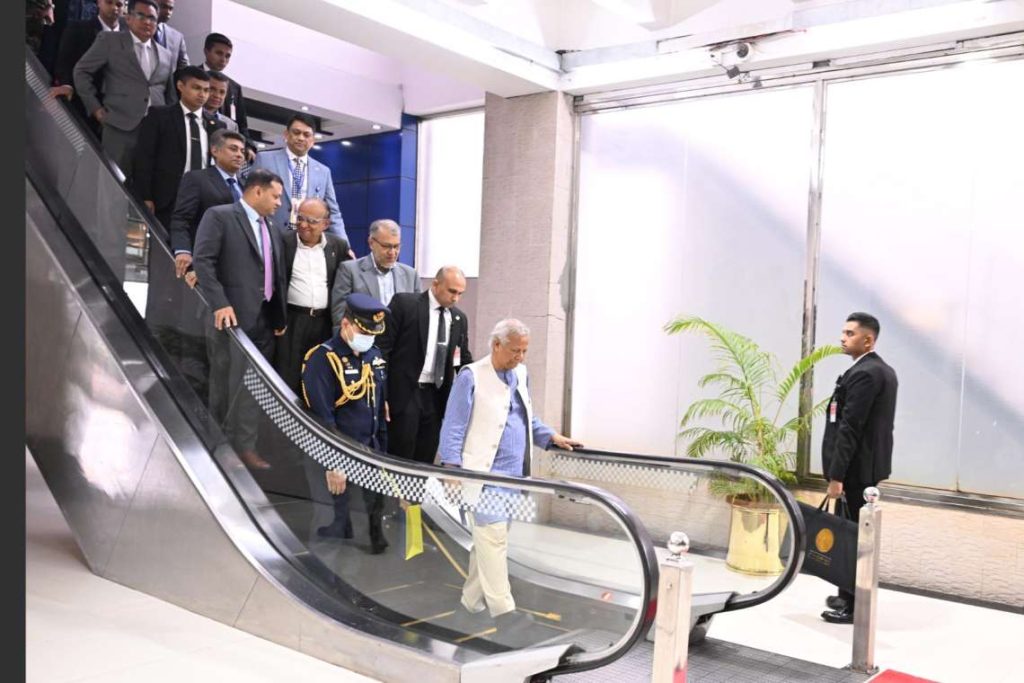
This interim government is facing enormous and complex challenges. Economically, growth has slowed, with stagnation reflected in recent GDP figures as investor confidence diminishes. The country battles tariff crises, infrastructure deficits, including strained ports and transport systems, pervasive corruption and rising unemployment. Social tensions intensify with recurring violence and discrimination against Hindu minorities and other vulnerable groups, adding to fears of communal discord.
The interim government’s control is undermined by a security vacuum, where police forces have been demoralised or attacked, requiring deployment of the military for law enforcement. Political factions remain deeply divided with no consensus on electoral reforms or governance structures, deepening uncertainty and delaying crucial decision-making. Corruption cases have proliferated, and institutional trust is at an all-time low, complicating any coherent national development agenda under the current unstable regime.
In this precarious environment, the United States is eyeing an opportunity to extend its strategic footprint in Bangladesh. The façade of opening a UN office at this time of governmental weakness is a calculated move aligned with America’s broader policy of gaining influence in economically and geopolitically important nations. Bangladesh’s deep-water ports and mineral resources offer significant economic value, which Washington likely aims to control to further its dominance in South Asia.
Historically, the US has deployed similar tactics —entry under international or humanitarian pretexts, gradually evolving into political and economic control. By initiating a UN office now, the US positions itself to steer Bangladesh’s resources and political alignments, exploiting the country’s transitional vulnerability as it did elsewhere around the globe.

The damage from allowing US involvement under the cover of a UN office would be profound and multifarious. Control over Bangladesh’s political parties and leaders could be exerted through politically motivated human rights agendas, using international influence to undermine genuine national autonomy. Economic sovereignty would be compromised as Washington gains partial control over the nation’s ports —key gateways for trade and rich mineral reserves, redirecting benefits away from national development toward foreign interests. This erosion of sovereignty threatens Bangladesh’s unity and integrity, fracturing political cohesion as domestic policies are swayed by external priorities rather than public welfare. The precedent set here would make Bangladesh vulnerable to chronic interference, undermining future generations’ ability to independently govern and utilise their resources, hijacking national fate under the guise of international cooperation.
All political parties in Bangladesh, regardless of their beliefs, recognise the significant risks associated with allowing a UN office to open in the country. They are cautious because they know that when the United States gets involved, it often leads to a loss of independence and increased instability.
History shows that in many countries where the US has entered under the name of support, it has led to long-term political control, economic pressure, and social unrest. That’s why it is important for every Bangladeshi to stand together and see this for what it is: a real threat to the country’s freedom. Bangladesh gained independence through immense struggle and sacrifice, and it is the duty of its citizens to safeguard it. The future of Bangladesh depends on staying alert and ensuring the country’s path is decided by its citizens, not by foreign powers pretending to help.
(Maj Gen. RPS Bhadauria (Retd) is the Additional Director General of the Centre for Land Warfare Studies (CLAWS), New Delhi, and was formerly the Director of the Centre for Strategic Studies & Simulation (CS3) at USI of India, having served in the Indian Army for 36 years.)


